Researchers at Washington University – St Louis pioneered the use of short-lived radioactive tracers to locate brain tumors
In 1972, Washington University – St. Louis researchers Michel M. Ter-Pogossian, PhD; William Bernard, MD; and Henry G….

In 1972, Washington University – St. Louis researchers Michel M. Ter-Pogossian, PhD; William Bernard, MD; and Henry G….
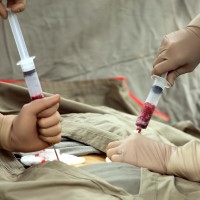
In 1972, Washington University ヨ St. Louis established one of the countryメs first adult bone marrow transplant programs,…
In 1972, positron emission tomography (PET) imaging was invented by researchers at Washington University ヨ St. Louis.
In 1972, a prototype linear accelerator at Washington University – St. Louis was produced by radiation clinicians and…

On Dec. 23, 1971, President Richard M. Nixon converted the Army’s former biological warfare facilities at Ft. Detrick,…

On Dec. 23, 1971, the National Cancer Act enacted by President Richard Nixon as part of the nation’s…

On Sept. 29, 1971, the artificial sweetener saccharin, included in FDA’s original GRAS list, was removed from the…

On Jun. 3, 1971, the MCSC School of Dental Medicine graduated its first class. Dr. Cathy Moss was…

On May 17, 1971, The Public Health Service’s Bureau of Radiological Health was transferred to the FDA.
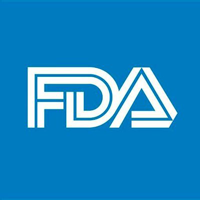
On May 1, 1971, the Federal Comprehensive Drug Abuse Prevention and Control Act of 1970, more commonly known…

On Apr. 22, 1971, Combined measles, mumps, and rubella vaccine (MMR by Merck) as well as combined measles…

In 1971, the American Chemical Society announced the Priestley Medal was awarded to Frederick D. Rossini by the…

On Jan. 20, 1971, the Institute of Medicine, now the the National Academy of Medicine (NAM), began operations….

On Jan. 6, 1971, research scientists at the University of California Berkeley announced the first synthetic production of…
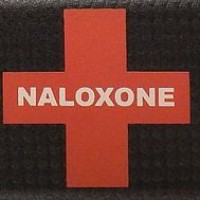
In 1971, the Food and Drug Administration approved using naloxone to treat overdoses. Naloxone is also referred to…
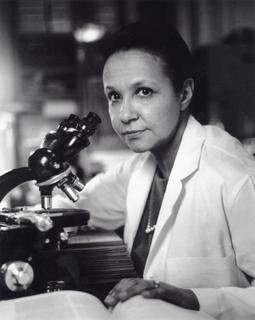
In 1971, Jane Wright became the first woman to be elected president of the New York Cancer Society….

In 1971, the University of Alabama at Birmingham Comprehensive Cancer Center (UAB) was founded and received its NCI…
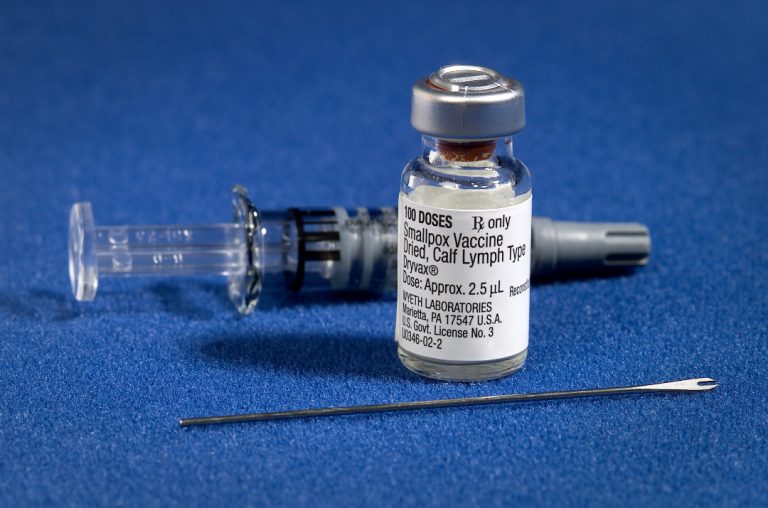
In 1971, the U.S. Centers for Disease Control and Prevention (CDC) recommended discontinuation of routine immunization and vaccination…
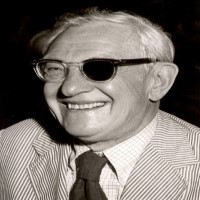
In 1971, The Nobel Prize in Physiology or Medicine was awarded jointly to Sir Bernard Katz, Ulf von…
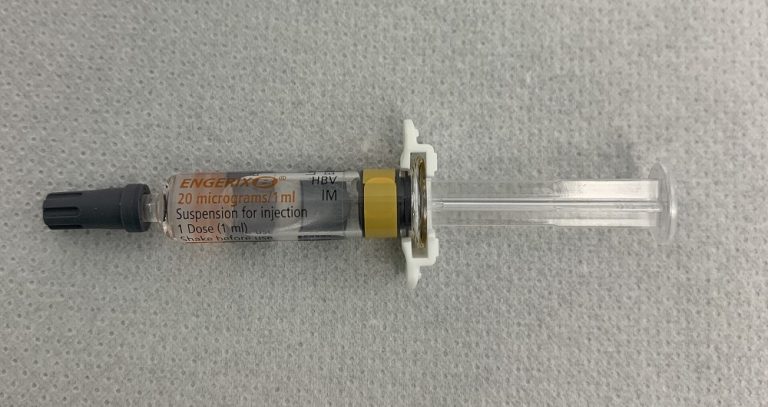
In 1971, the U.S. Centers for Disease Control and Prevention (CDC) discovered that hepatitis B is sexually transmitted….
In 1971, the Board of Directors of Lions Clubs International declared that Jun. 1 would be remembered as…

In 1971, University of Iowa dental researcher George Andreasen invented the nickel and titanium-alloy archwire, a flexible orthodontic…
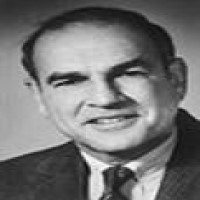
In 1971, the testing of donated blood for Hepatitis B surface antigen began. The hepatitis B virus was…

In 1971, Squibb established worldwide headquarters in Princeton, New Jersey. It also expanded facilities for the Squibb Institute…
In 1971, the American Rheumatism Association, now known as the American College of Rheumatology, established a ‘Juvenile rheumatoid…

In 1971, The Plant Genetic Resources Newsletter was one of Bioversity Internationalメs flagship publications. Though no longer published,…
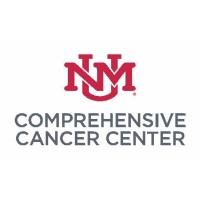
In 1971, The University of New Mexico Cancer Center was established by the state’s Legislature. Today, the Cancer…
In 1971, Linus Pauling, American scientist, peace activist, and educator, measured more than 200 chemicals compunds (VOCs) in…
In 1971, Memorial Sloan-Kettering Cancer Center (MSK) was one of the first cancer centers in the U.S. to…

In 1971, John Vane discovered how aspirin worked, a finding that a daily low dose of aspirin prevents…